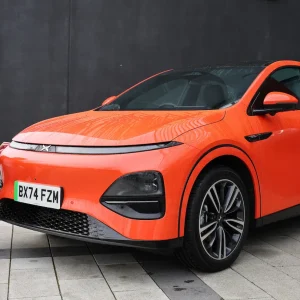The fall-out from Volkswagen’s emissions disgrace continues unabated, and there’s plenty more to come due to the slow drip-feed of information about what Volkswagen has actually done in relation to European cars, and how it’s going to fix it.
The long-term impact on residuals shouldn’t be severe, as received wisdom says that in three or four years’ time much of the scandal will have disappeared from the memories of used buyers.
But I wouldn’t want to be sitting on a big pile of VW Group product I was looking to defleet in the next few weeks, despite the RV providers claiming minimal impact on values.
Anecdotal evidence I’ve heard includes more than one manufacturer’s dealers being loathe to take potentially affected cars in part-exchange, and while mystery surrounds the driving impact of the engineering fix to the 1.6 diesels (affected 2.0 models only need a software update), that will continue.
Meanwhile, the level of irresponsible reporting from the mainstream media has, while not necessarily come as a shock, disappointed many within the industry. The misinformation and blatantly incorrect reporting is leaving the public at large with a very damaging, skewed view of the car industry, and modern Euro6 diesel technology in particular.
The latest Euro6 emissions standards have a massive impact on local air pollution levels from diesel engines, and that’s the message that needs to be pushed. The best thing the Government could do is incentivise people into the latest technology.
However, I fear the focus will be elsewhere amid the mix-up between VW’s NOx and particulate cheating, and the issue of supposed ‘real-world’ testing versus the lab tests of efficiency cycles, that are all about CO2 and fuel efficiency, which has meant that the reputation of diesel technology has taken a severe, though hopefully not terminal, blow.





